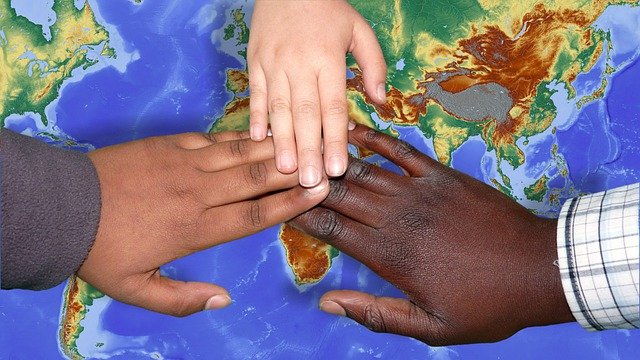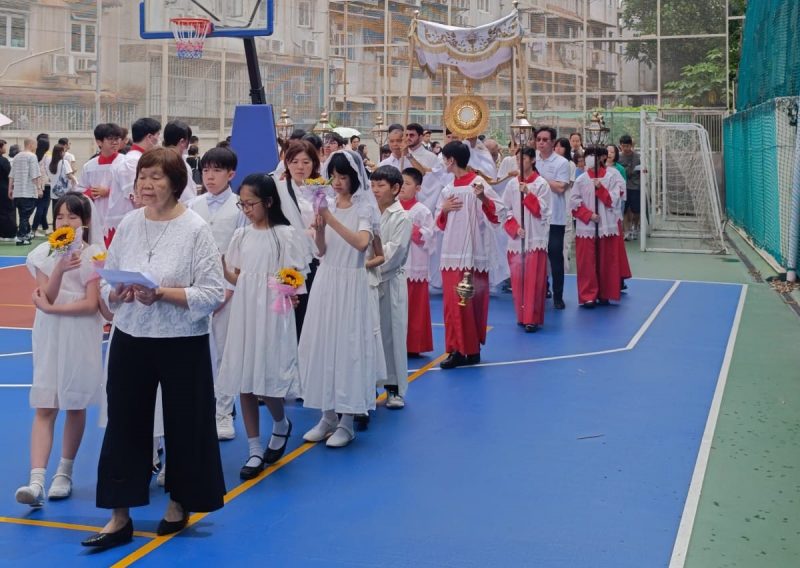Marco Carvalho
Under the theme “Dialogue with China and the Pandemic Disruption,” the Macau Ricci Institute discussed, from Thursday to Saturday, the future development of dialogue with China. The Ricci Institute’s annual symposium began on Thursday with a panel that debated the contribution of Confucianism to the cultural dialogue. The roundtable discussion included contributions from Thierry Meynard, a professor at the philosophy department of Sun Yat-sen University, Guangzhou, Anna Mahajar Barducci, researcher at the Middle East Media Research Institute, Washington, and Edmond Eh and Cristina Lu, scholars at the University of Saint Joseph.
Later that day, the symposium debated once again the nuances of intercultural dialogue, albeit from the perspective of Western thought and philosophy. The purpose of the Macau Ricci Institute, Father Stephan Rothlin told O Clarim, was not merely to compare the impact of both the approaches but, first and foremost, to dispel certain prejudices about China and the Chinese culture that still impact the way the great Chinese nation is seen worldwide. “The main challenge of the symposium was, chiefly, to take very seriously into account the very different approaches between the Western and Chinese attitudes towards dialogue. However, the symposium, being the most important event of the Macau Ricci Institute, is also conceived as a challenge to overcome idées fixes and prejudices, the director of the Jesuit think tank claims.
“This symposium was a unique chance of mutual learning, involving the most dedicated researchers and colleagues of the institute. It was a key moment as it brought together the whole extended family of both the Macau Ricci Institute and the University of Saint Joseph, which is committed to this type of research and dialogue,” the Swiss missionary adds.
Academics and researchers such as Cynthia Pon from the Centre for Catholic Studies at the Chinese University of Hong Kong, Roderick O’Brien from the University of South Australia, the Italians Francesco Vossila and Alessandro Andreini from the Giuseppe Castiglione Association and Professor Anton Jamnik from the University of Ljubljana took part in the debate.
The Macau Ricci Institute’s annual symposium concluded on Saturday with a panel focused on the challenges that Macau endured due to the Covid-19 pandemic and a final debate on the future perspectives of intercultural dialogue between China and the rest of the world. The main challenge, Father Stephan Rothlin says, is to maintain the necessary open-mindedness to accept and understand different cultural norms. “We need to be even more attentive to forge ahead with an enlightened approach to dialogue. This is particularly true in midst of the current armed conflicts. It is clear how important the role of China has become right now, even in order to prevent the Armageddon of nuclear attacks. We also need much more tolerance and nuance to accept a different way to deal with the pandemic, as in the way China and Macau sticks to its zero Covid policy that radically differs from the rest of the world,” the Jesuit missionary maintains.
“An important punchline of the symposium would be the argument of how much more effort needs to be undertaken in order to gain a more comprehensive mutual understanding between China and the world, and how much Matteo Ricci and many other religious and lay missionaries can teach us profound lessons on how to learn from Chinese wisdom traditions. At the same time, we too can share as much as possible from our own sources of wisdom and science,” the director of the Macau Ricci Institute concludes.
(Image: Ralphs_Fotos@pixabay.com)


 Follow
Follow


